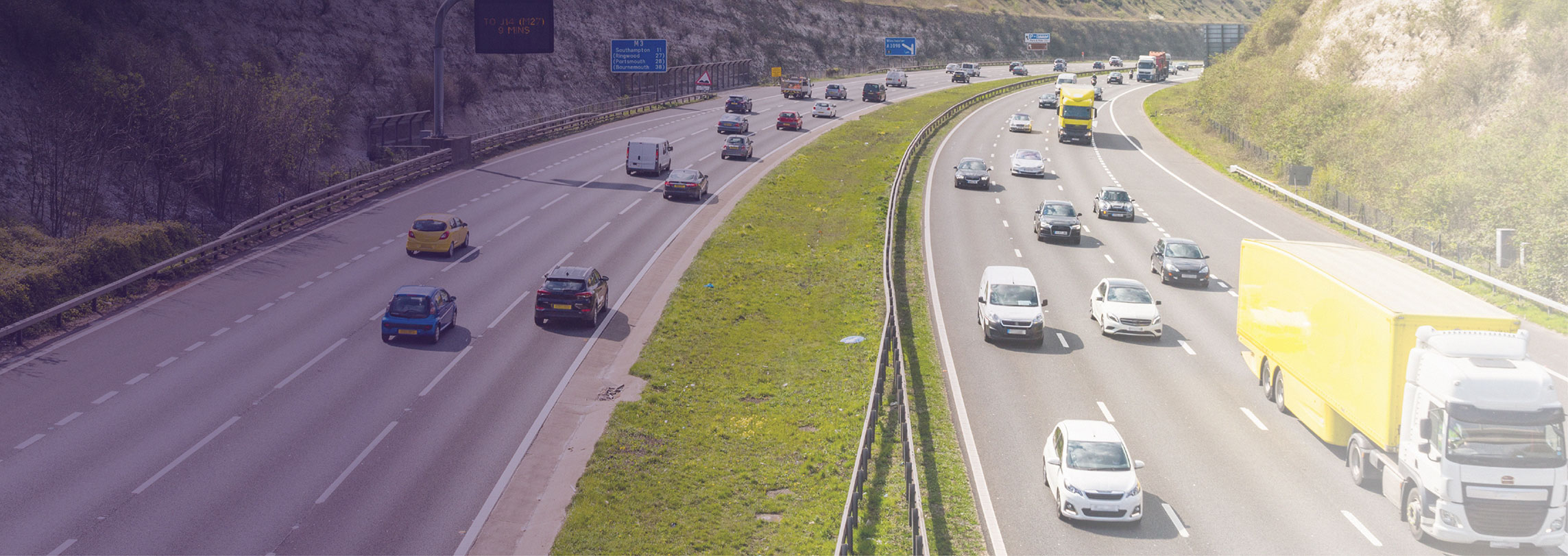
23 Oct, 2025/ by National Accident Helpline /News
National Accident Helpline's new survey of 2,000 UK drivers has exposed a worrying disconnect between how safe motorists think they are and how safely they actually drive.
While the majority of drivers claim to feel confident on the road, accident statistics tell a different story. This overconfidence is fuelling what experts are calling a national road safety blind spot — with fatal consequences.
Key statistics at a glance
Men are the most confident drivers — and the most at risk: 86% of men feel safe behind the wheel, yet they account for 76% of all road fatalities.
Older drivers are the most confident of all: 97% of those aged 80+ report feeling safe on the roads, despite their age group matching the fatality rate of 17-29-year-olds.
Confidence outpaces competence: 64% of drivers believe they could retake their practical driving test today, yet almost half (48%) rely heavily on reversing cameras and struggle with manual manoeuvres.
Knowledge gaps run deep: 84% of drivers say it's their responsibility to stay up to date with the Highway Code — but only 27% actually do so.
Weather affects confidence differently: Just 20% of men feel unsafe in bad weather, compared with 39% of women — even though poor weather contributes to thousands of collisions each year.
A confidence crisis on UK roads
The research highlights a dangerous mismatch between perceived safety and the reality of the risks. Most drivers (82%) feel generally safe on UK roads — yet in 2024, there were 1,633 fatal collisions, a rise from the previous year — according to official Government statistics.
This overconfidence extends beyond everyday driving. While 70% of males said they'd feel confident retaking their driving test, Government data shows that for January to March 2024 their actual pass rate (44%) was lower than for females (48%).
Even more concerning, older drivers (aged 80+) report the highest levels of confidence (97%) in any age group, yet share identical fatality rates with the youngest (17-29 year olds), who report significantly lower confidence levels.
When confidence clouds caution
The research also uncovered that confidence doesn't necessarily mean control — particularly in challenging conditions.
Driving at night: 71% of men feel safe, compared to only 52% of women.
Rain and fog: 46% of men feel safe driving in fog, while 46% of women feel unsafe.
Windy weather: Only 13% of drivers aged 55+ feel unsafe, showing how older drivers often underestimate risk.
These findings suggest that while men and older drivers maintain high confidence in all conditions, younger and female drivers demonstrate greater self-awareness — a trait that may actually make them safer on the roads.
Closing the gap between confidence and reality
John Kushnick, Legal Operations Director, at National Accident Helpline, commented:
“Our research confirms a critical safety issue affecting every road user. UK drivers are significantly more confident than rising collision and fatality rates warrant. This isn't about blame - it's about recognising a dangerous blind spot in how we approach road safety.
Without urgent intervention to close the gap between perceived and actual competence, we risk normalising preventable tragedies. Drivers need realistic self-assessment, continuous education, and honest conversations about their abilities - not reassurance that masks genuine risks.”
Helping you stay safe and informed
At National Accident Helpline, we believe road safety begins with awareness. Understanding our own limitations behind the wheel is the first step to protecting ourselves and others.
If you've been injured in a road traffic accident that wasn't your fault, we're here to help you get back on track. Our expert legal team has supported more than 2 million people across the UK, helping to recover over £2 billion in compensation.
Since 1993, we've been dedicated to helping people rebuild their lives after no-fault accidents — and we'll continue to stand up for safer roads for everyone.
Have you been involved in a road traffic accident?
If you were hurt in an accident that wasn't your fault, you may be able to claim compensation.
We can help you with:
- Car accidents
- Passenger accidents
- Pedestrian accidents
- Cycle accidents
- Public transport accidents
- Motorbike accidents
- Lorry accidents
- Bus accidents
- Train accidents
We handle most claims on a no win no fee basis, meaning if you don't win - you pay nothing.

Drivers need realistic self-assessment, continuous education, and honest conversations about their abilities - not reassurance that masks genuine risks.
John Kushnick
Legal Operations DirectorCall today for free, to find out if you may be eligible to claim
Whether you want to start a claim or simply gain peace of mind, our friendly advisors are here to help.
Speak to a trusted advisor at National Accident Helpline to find out how we can support you.
Request a call back
Use the form below to request a call back from one of our friendly advisers.
where you can speak with us in complete confidence at your earliest convenience.
This research was commissioned by National Accident Helpline in October 2025, and conducted by Censuswide, surveying 2,000 UK drivers.
Further reading:
In 2025, we also conducted research into the public's perception of self-driving cars. Survey results revealed fear and distrust - find out more via the link below.
[Self-Driving Car Research]